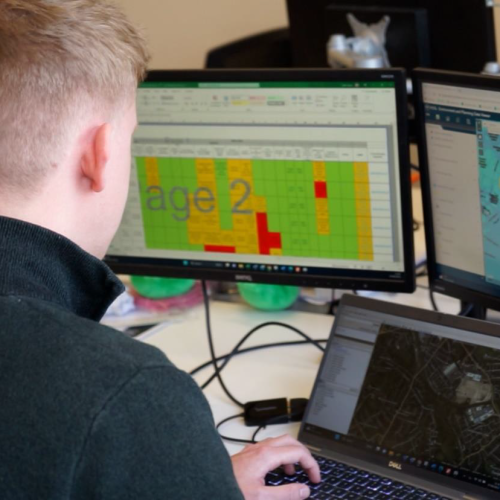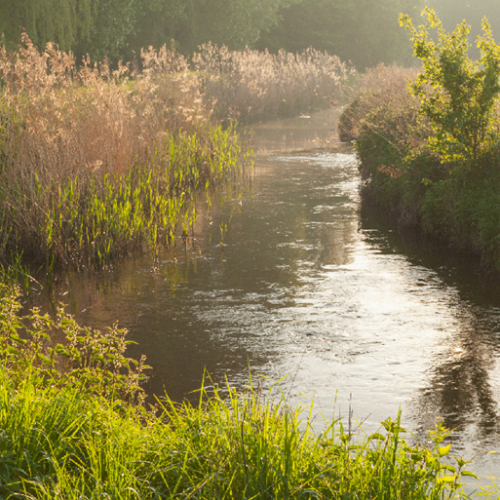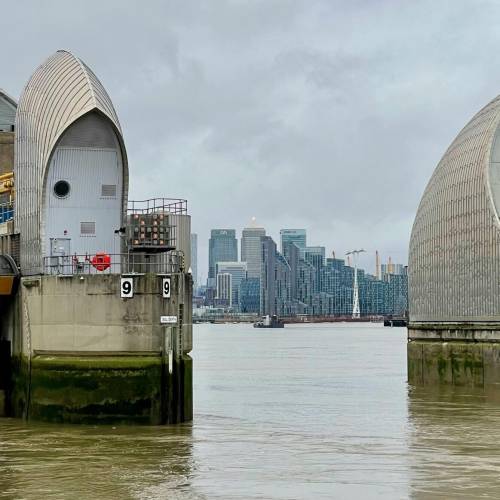DM has provided detailed archaeological and heritage consultancy services to Severn Trent Water for the Stroud Resilience project between (2017 – ongoing).
Our involvement with the project spans the whole life cycle of the project, from the initial route selection stage and pre-planning consultations through to the design and delivery of archaeological works, obtaining consent for works within a Scheduled Monument and the management of third-party archaeological contractors and re-engagement with key stakeholders following design modifications and final report production.
The Stroud Resilience project comprises the construction of a 16km of new water main from Whaddon, Gloucester to Minchinhampton Common, Stroud to provide an improved water supply to the area and is valued at £11M. Dalcour Maclaren staff have been involved with the project from the early design stages and continue to provide archaeological and heritage services.
DM was part of the initial screening consultation and provided input into the final route selection and choice of construction method. This was based on the compilation of a baseline dataset undertaken as a desk-based assessment complemented by site-based observations. This provided the basis for route selection and stakeholder consultation.
The informed selection of the final route involved the effective communication of complex archaeological issues to the design team and the clear understanding of the constraints posed by other factors including ecology, topography, buildability, land access and operational requirements. Our input was to provide detailed feedback to each design iteration to identify the potential for significant impacts which would pose a risk to the scheme through cost, programme delays or through non-consent.
Following the selection of the preferred route, an extensive programme of stakeholder consultation was undertaken at the outset to ensure that all stakeholders were informed and engaged. Face to face meetings and workshops were held with Historic England, the National Trust, the Local Planning Authority and landowners. Stakeholders were treated respectfully, cordially and professionally to establish trust and mutual respect during the consultation process.
The provision of comprehensive and detailed documentation, with clear, specially produced geo-referenced illustrations shared through the in-house digital platform, allowed stakeholders to have a full understanding of the issues relating to the project and had sufficient confidence in the data to make decisions regarding the archaeological impact of the proposals.
Works were undertaken under the General Permitted Development Order and in compliance with Severn Trent Water’s Environmental Policy, a programme of archaeological evaluation and mitigation works was designed, documented, agreed and implemented. Alongside acceptance of the proposals by the LPA, consent was required for works within the Minchinhampton Common Scheduled Ancient Monument from Historic England.
Works comprised extensive geophysical survey, the excavation of over 150 trial trenches and set piece excavations. DM was responsible for the compliance of all works to conform with the client specific operational and HS requirements and CDM regulations.
Slight modifications to the route or construction method required re-consultation with stakeholders. A key factor in the presentation of modifications was the clear justification for the change. These were explained in terms of operational need, programme requirements or a conflicting environmental constraint that necessitated the change. The justification for changes was supported by detailed information, providing robust evidence.
Sector
Water
Location
Stroud
How we helped
Archaeological and Heritage Consultancy
Get in touch








